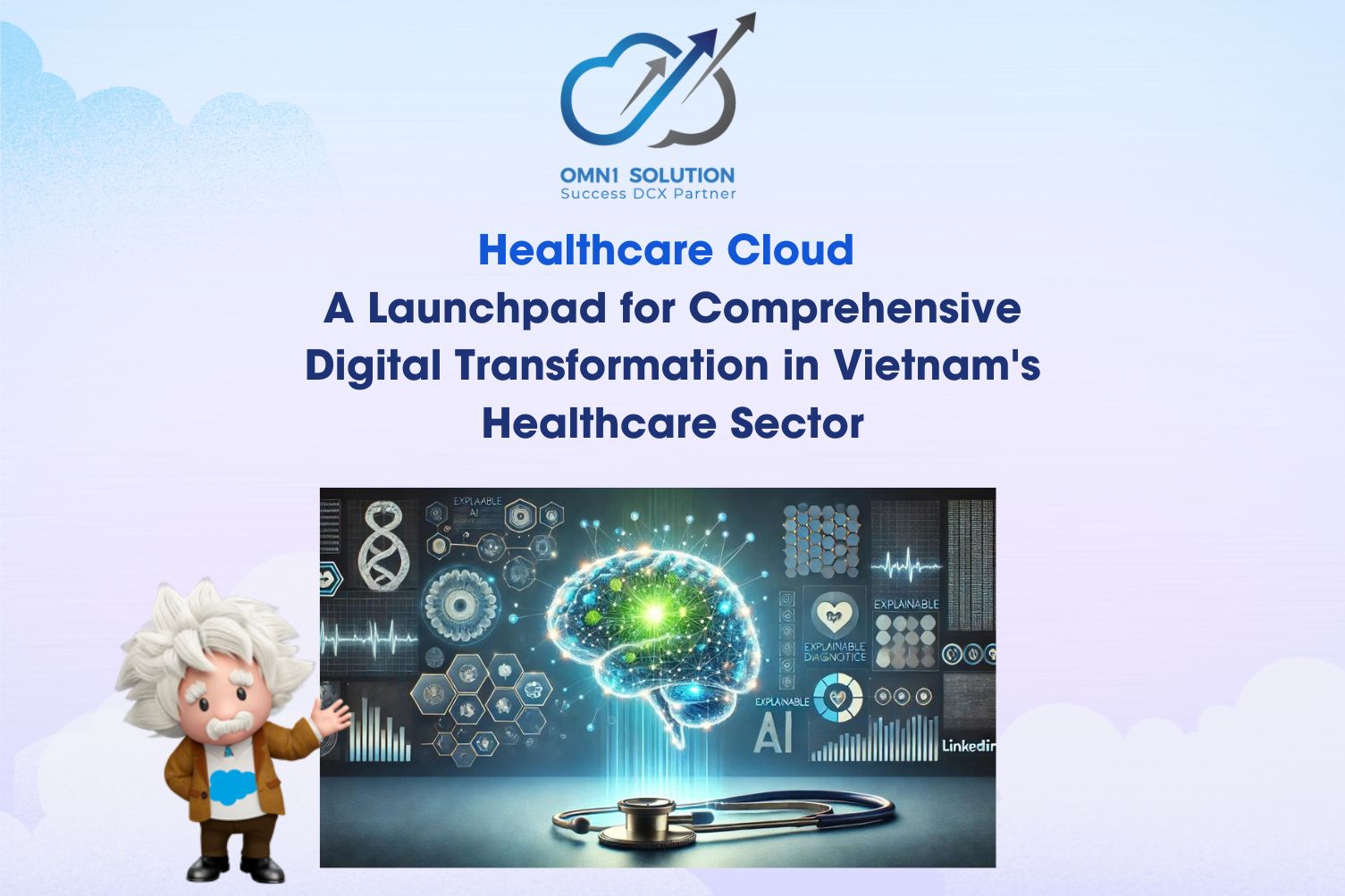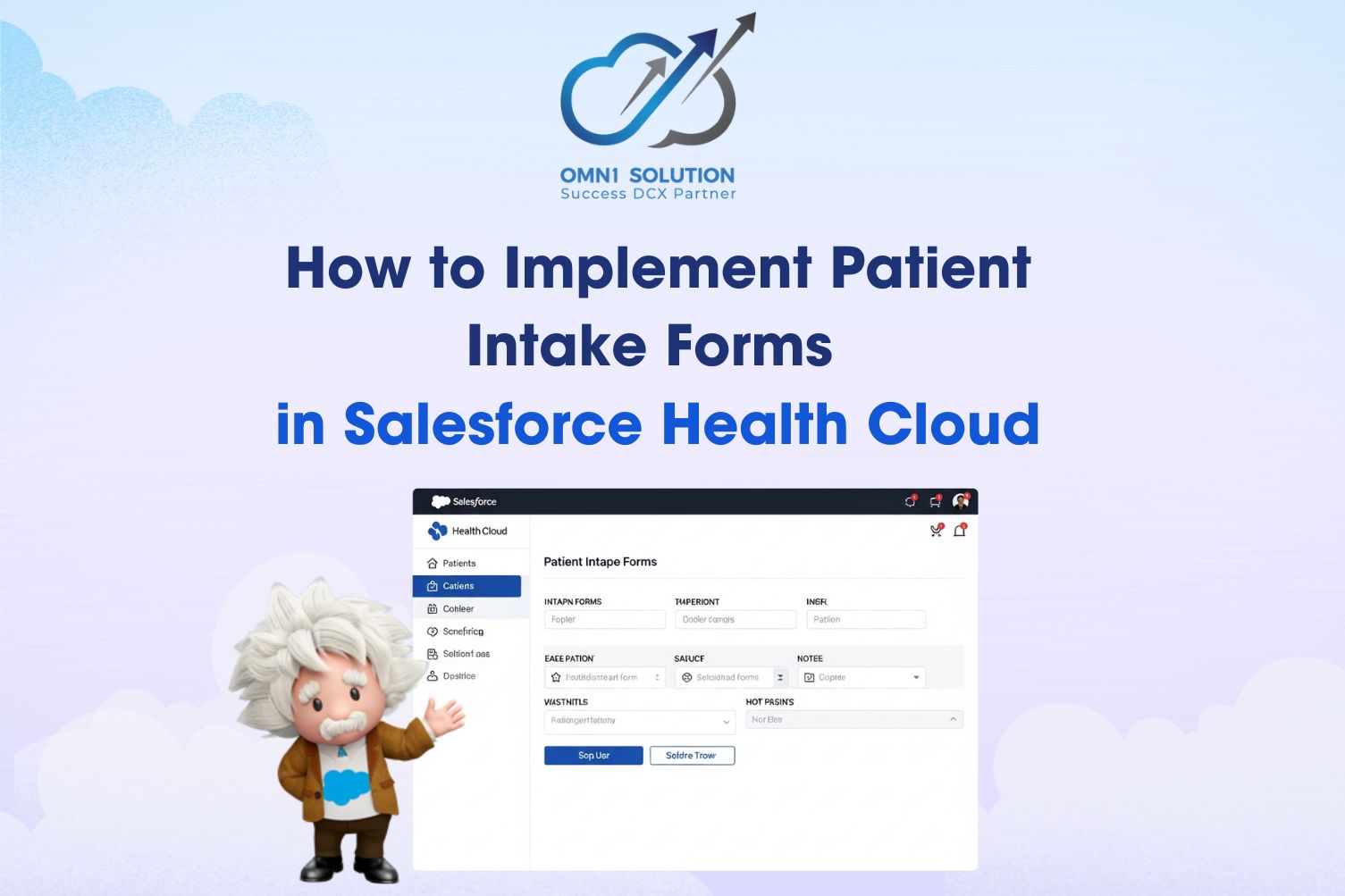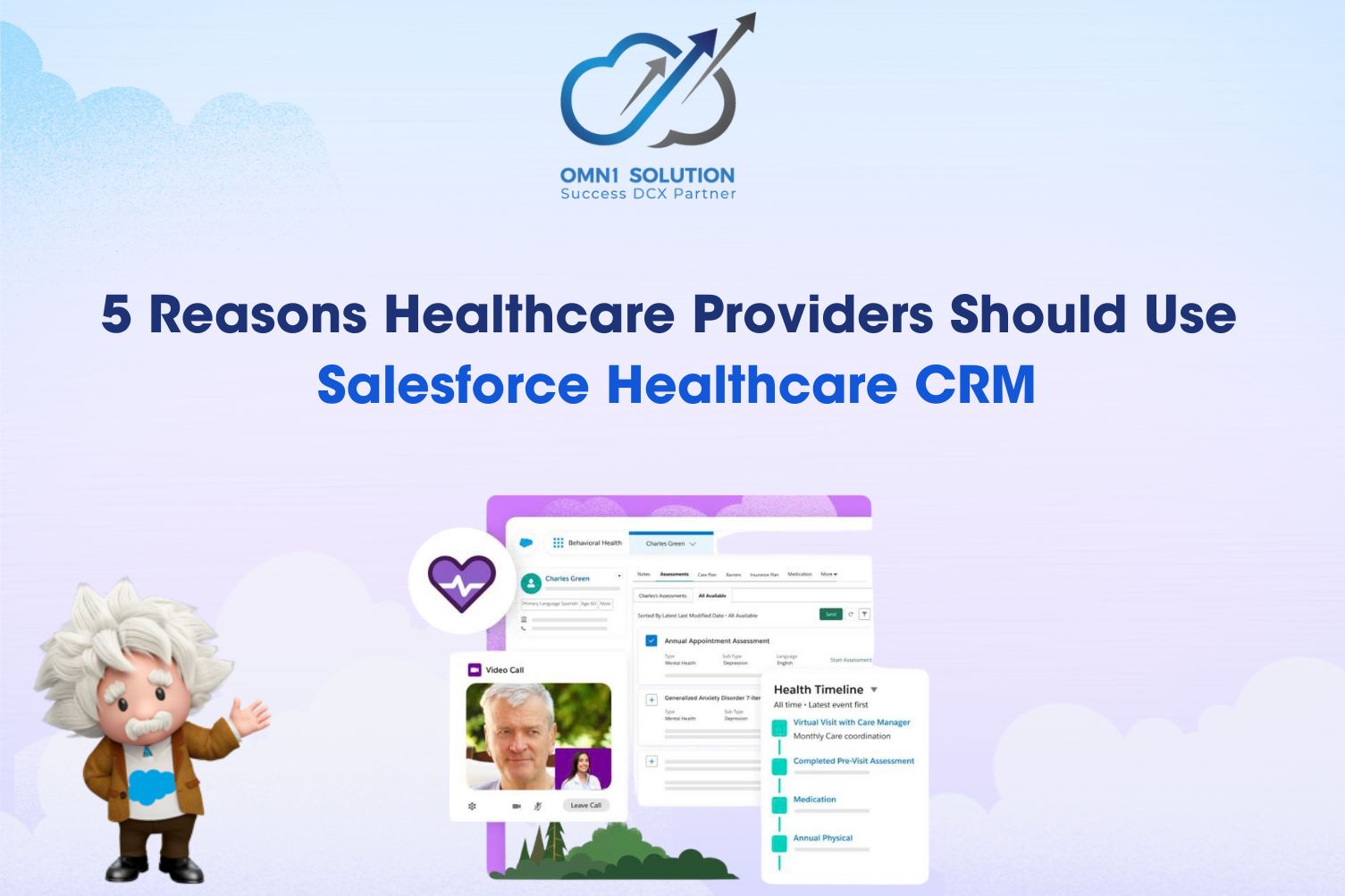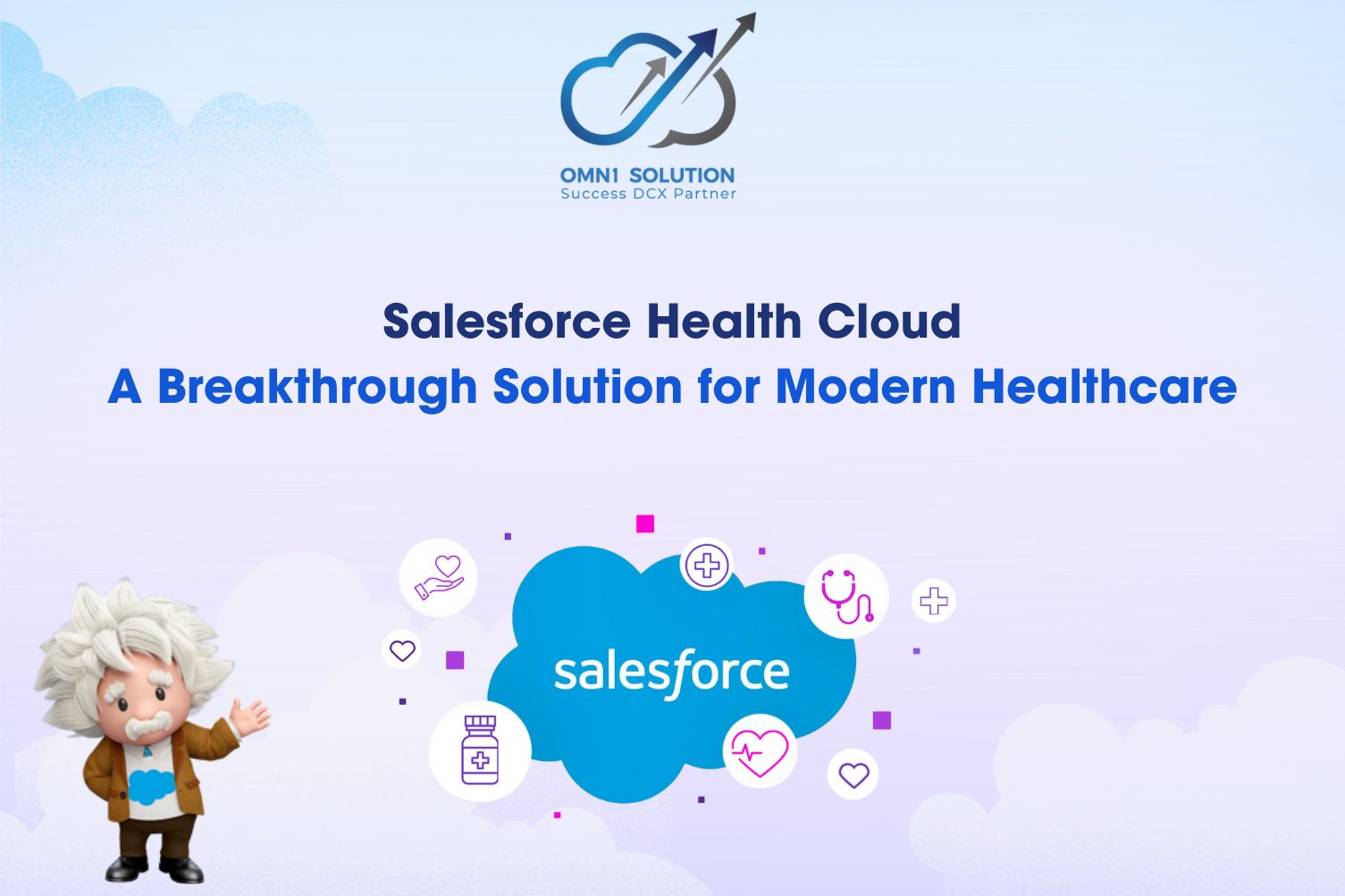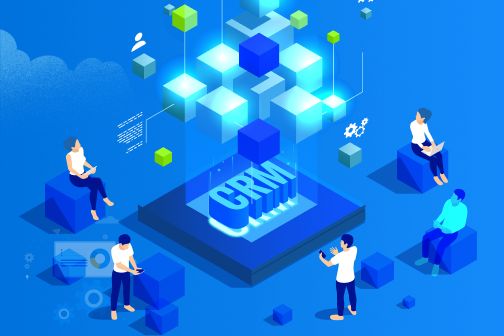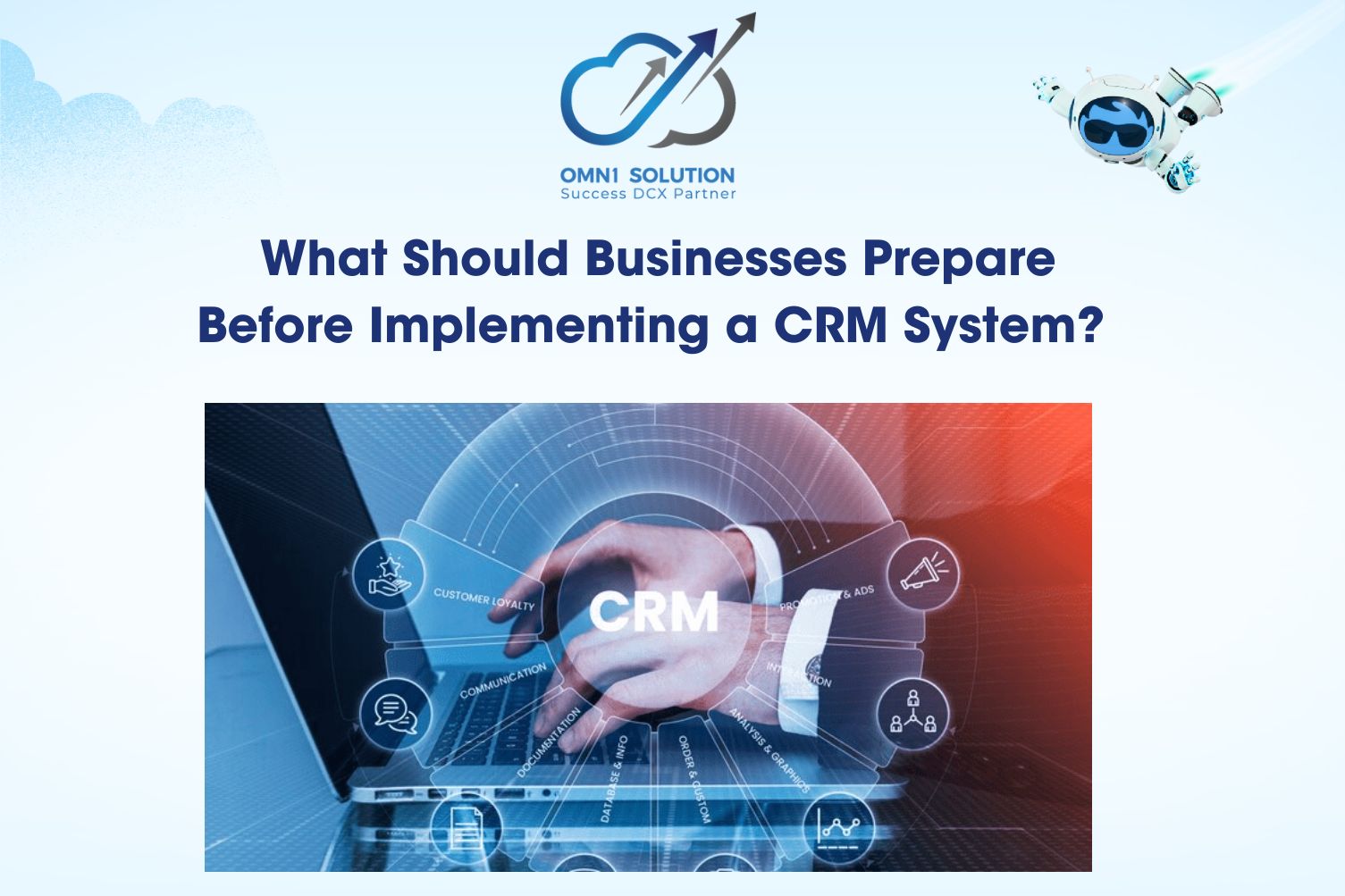From now until 2030, artificial intelligence (AI) is not merely a supporting technology but is becoming the core foundation driving a relentlessly operating healthcare system. Instead of waiting for the emergence of artificial general intelligence (AGI), AI systems combined with humans – such as diagnostic assistants, remote monitoring tools, or automated clinical handbooks – are gradually changing how the medical industry operates: faster, more accurately, and more personalized than ever before. This article will help you visualize more clearly the powerful transformation of the healthcare industry in the era of "AI that never sleeps."
1.The Unsleeping Healthcare Revolution: AI is No Longer a Distant Future
In the next few years, artificial intelligence (AI) will not just be a simple support tool but will become an essential part of modern healthcare. Human-machine hybrid AI systems are creating an "always-on" healthcare model, helping doctors, nurses, and patients access information, process data, and make decisions faster and more accurately. Instead of waiting weeks to process medical reports, AI assistants can now complete this work in just a few minutes – even while humans are sleeping. This is not just about optimizing performance but also a step forward in accessibility and equity in healthcare.
2. AI-Enhanced Diagnostics and Medical Imaging
Stroke diagnosis systems and abnormalities in medical imaging are being significantly improved with advanced AI solutions.
- Viz AI assists in analyzing CT scans to detect large vessel occlusions within minutes, significantly reducing processing time in emergency cases.
- Aidoc integrates directly into radiologists' workflows, automatically detecting dangerous conditions like brain hemorrhages or pulmonary embolisms at any time of day.
- Meanwhile, intelligent ultrasound technology from Butterfly Network enables non-specialists to perform whole-body ultrasounds with just a smartphone, accompanied by real-time AI guidance and analysis.
3. Personalized Treatment Thanks to Precision Medicine and AI Pathology
Modern treatment trends are moving towards individualization, with AI playing a central role in processing genetic and histological data.
- Tempus applies machine learning algorithms to analyze each patient's DNA/RNA, thereby recommending more suitable, accurate, and effective cancer treatment regimens.
PathAI uses deep learning models to detect biomarkers in pathological tissue samples, helping to accelerate the testing process and support drug development.
4. Automation of Processes and Clinical Notes
One of the biggest challenges for healthcare workers is the overwhelming volume of administrative work and note-taking. AI has begun to address this problem through:
- Olive ARC – an automation platform for the healthcare financial cycle, from insurance verification and denial processing to shortening debt collection times.
Abridge – an AI assistant that records conversations between doctors and patients, transforming them into clear clinical notes, helping to reduce burnout from administrative overload and increase time spent on patient care.
5. Virtual Assistants and Intelligent Patient Triage
AI is bringing a more proactive and personalized healthcare experience than ever before, through platforms that triage and support patients from the very first step.
- Buoy Health and Ada Health integrate AI to guide users in self-assessing symptoms and suggesting appropriate care pathways.
- Quadrivia – founded by Ali Parsa, is developing the "Qu" medical assistant capable of helping doctors monitor chronic and post-operative patients in multiple languages, reducing the long-term care burden.
6.Remote Health Monitoring and Proactive Care
Personal health monitoring devices are being integrated with AI to analyze data in real-time, supporting more timely and effective decision-making.
- Commute Home provides at-home blood testing devices that deliver results in minutes and update directly to electronic health management systems.
- Dexcom G6 and Abbott Libre help diabetic patients continuously monitor their blood glucose and receive instant alerts for any abnormalities.
- Hippocratic AI is developing "Ana" – a voice assistant that can call patients, send test kits to their homes, guide them through procedures, and follow up after treatment in multiple languages such as English, Spanish, Creole, and Nepali.
Conclusion
From 2025 to 2030, the biggest innovation in healthcare will not come from artificial general intelligence (AGI), but from the deep integration of AI and human expertise. Relentlessly working AI assistants will help healthcare become more accurate, personalized, and accessible than ever before. This is not just a technological change – it is a comprehensive redefinition of how we care for the health of our community. Are you ready to join this unsleeping healthcare ecosystem?
👉Contact us for advice on the most suitable AI healthcare solution for your organization.👇👇

